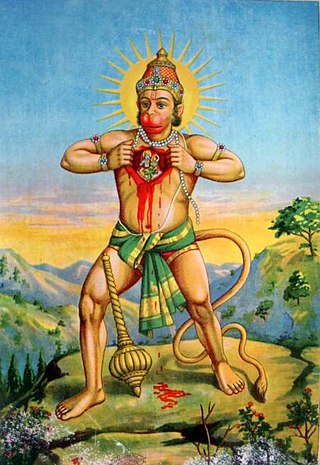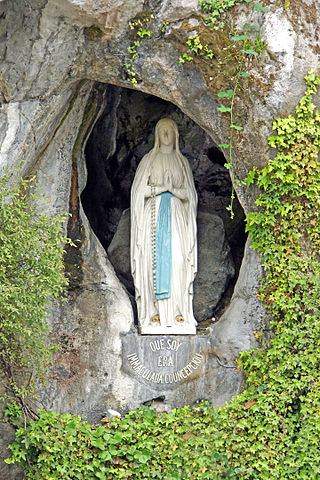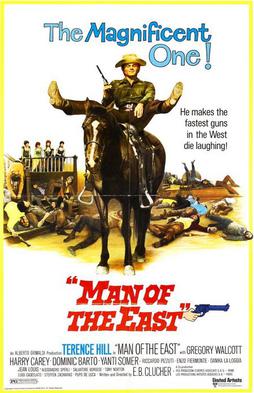Related Research Articles

Sir Derek Alton Walcott OM was a Saint Lucian poet and playwright. He received the 1992 Nobel Prize in Literature. His works include the Homeric epic poem Omeros (1990), which many critics view "as Walcott's major achievement." In addition to winning the Nobel Prize, Walcott received many literary awards over the course of his career, including an Obie Award in 1971 for his play Dream on Monkey Mountain, a MacArthur Foundation "genius" award, a Royal Society of Literature Award, the Queen's Medal for Poetry, the inaugural OCM Bocas Prize for Caribbean Literature, the 2010 T. S. Eliot Prize for his book of poetry White Egrets and the Griffin Trust For Excellence in Poetry Lifetime Recognition Award in 2015.

Frantz Omar Fanon was a Francophone Afro-Caribbean psychiatrist, political philosopher, and Marxist from the French colony of Martinique. His works have become influential in the fields of post-colonial studies, critical theory, and Marxism. As well as being an intellectual, Fanon was a political radical, Pan-Africanist, and Marxist humanist concerned with the psychopathology of colonization and the human, social, and cultural consequences of decolonization.

Hanuman, also known as Maruti, Bajrangabali, and Anjaneya, is a deity in Hinduism, revered as a divine vanara, and a devoted companion of the deity Rama. Central to the Ramayana, Hanuman is celebrated for his unwavering devotion to Rama and is considered a chiranjivi. He is traditionally believed to be the spiritual offspring of the wind deity Vayu, who is said to have played a significant role in his birth. In Shaiva tradition, he is regarded to be an incarnation of Shiva, while in most of the Vaishnava traditions he is the son and incarnation of Vayu. His tales are recounted not only in the Ramayana but also in the Mahabharata and various Puranas.

The Monkey King or Sun Wukong is a fictional character best known as one of the main players in the 16th-century Chinese novel Journey to the West, and many later stories and adaptations. In the novel, Sun Wukong is a monkey born from a stone who acquires supernatural powers through Taoist practices. After rebelling against heaven, he is imprisoned under a mountain by the Buddha. After five hundred years, he accompanies the monk Tang Sanzang (唐三藏) riding on the White Dragon Horse and two other disciples, Zhu Bajie and Sha Wujing, on a journey to obtain Buddhist sutras from the West (India), where Buddha and his followers dwell.
If He Hollers Let Him Go is the first novel by American writer Chester Himes, published in 1945, about an African-American shipyard worker in Los Angeles during World War II. It earned him critical acclaim and was considered a "protest novel", in the tradition of Richard Wright.

Our Lady of Lourdes is a title of the Virgin Mary. She is venerated under this title by the Roman Catholic Church due to her apparitions that occurred in Lourdes, France. The first apparition of 11 February 1858, of which Bernadette Soubirous told her mother that a "Lady" spoke to her in the cave of Massabielle while she was gathering firewood with her sister and a friend. Similar apparitions of the "Lady" were reported on 18 occasions that year, until the climax revelation in which she introduced herself as: "the Immaculate Conception". On 18 January 1862, the local Bishop of Tarbes Bertrand-Sévère Laurence endorsed the veneration of the Blessed Virgin Mary in Lourdes.
Abdhur Rahman Slade Hopkinson was a Guyana-born poet, playwright, actor and teacher.
Macaca (feminine) and macaco (masculine) are the Portuguese words for "monkey". In Portugal and Portuguese-speaking countries, macaco is used as a racial slur against black people. It can also sometimes be used as an insult against Brazilians in general.

Black Skin, White Masks is a 1952 book by philosopher-psychiatrist Frantz Fanon. The book is written in the style of autoethnography, with Fanon sharing his own experiences while presenting a historical critique of the effects of racism and dehumanization, inherent in situations of colonial domination, on the human psyche.

The Salt Roads is a novel by Canadian-Jamaican writer Nalo Hopkinson, published in 2003. It has been categorized as historical fiction, speculative fiction, science fiction, and magical realism.

Man of the East is a 1972 Italian Spaghetti Western film directed by Enzo Barboni starring Terence Hill.
La Diablesse or Ladjablès is a character in Caribbean folklore. According to folklore, she was an enslaved African woman who made a deal with Le Diable to give her soul to him, becoming a demi-demon, in exchange for eternal beauty.

Monkey Sun is a 1959 Japanese tokusatsu fantasy action film directed by Kajirō Yamamoto, with special effects by Eiji Tsuburaya. The film was based on Journey to the West written by Wu Cheng'en and was the second adaptation of the novel by Yamamoto and Tsuburaya, after 1940's Enoken's Sun Wukong. It has never been released in the United States or dubbed and subtitled in English.

The Aphsad inscription of Ādityasena is an Indian inscription from the reign of the Later Gupta dynasty king Aditya-sena. The inscription was found in 1880 by Markham Kittoe in the village of Apasadha, Bihar, and is now located in the British Museum.

The 1992 Nobel Prize in Literature was awarded to the Saint Lucian poet Derek Walcott (1930–2017) "for a poetic oeuvre of great luminosity, sustained by a historical vision, the outcome of a multicultural commitment." He became the first and only Caribbean writer to be awarded with the prize.
References
- ↑ Walcott bio
- ↑ Obie Award Listing: Dream on Monkey Mountain, InfoPlease
- ↑ Dream on Monkey Mountain, Drama Bookshop, web page includes quotes
- ↑ "Dream on Monkey Mountain - Oxford Reference". www.oxfordreference.com. Retrieved 2019-10-23.